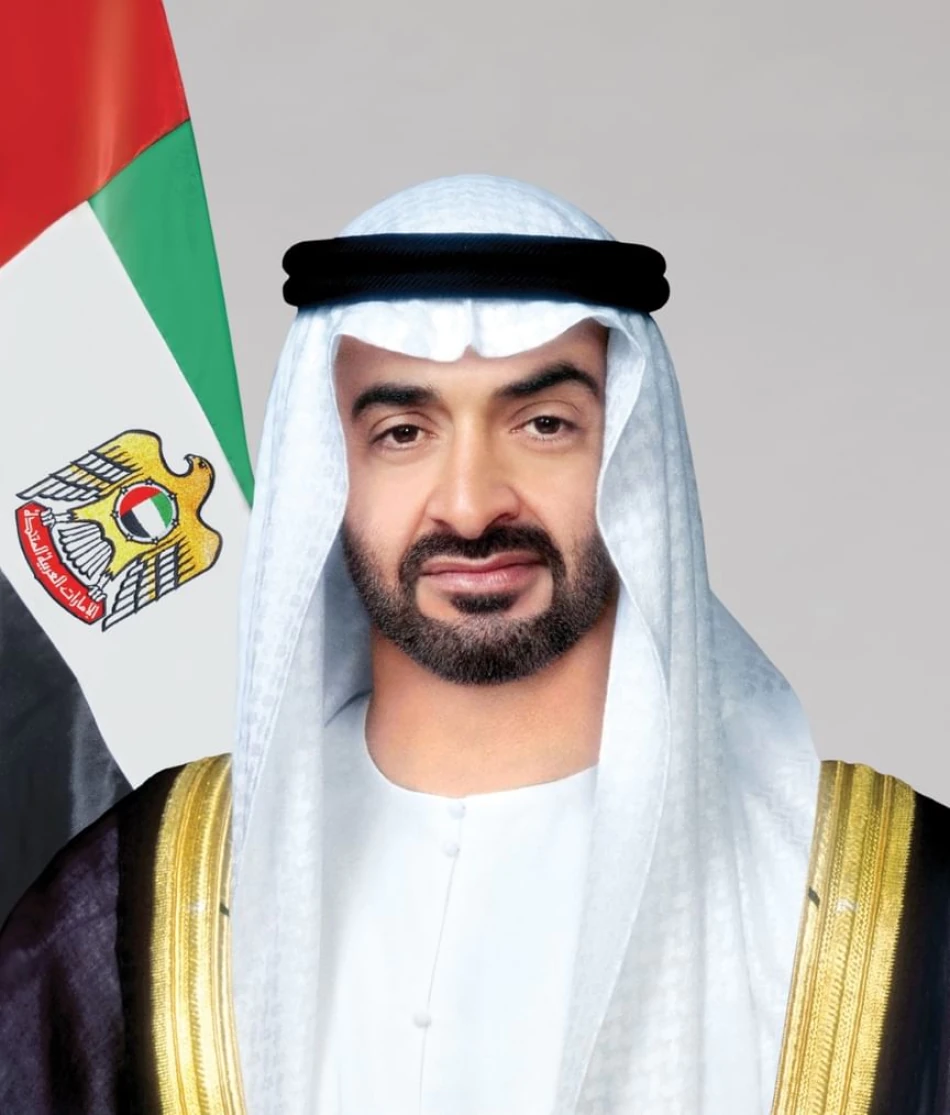
UAE-Turkey Summit Marks Strategic Shift Toward Regional Cooperation and Economic Partnership
UAE-Turkey Summit Signals New Era of Regional Cooperation Amid Shifting Middle East Dynamics
UAE President Sheikh Mohammed bin Zayed Al Nahyan begins a state visit to Turkey on Wednesday, July 16, marking a significant diplomatic milestone as the two regional powers seek to deepen cooperation across economic and political spheres. The meeting with Turkish President Recep Tayyip Erdogan comes at a crucial time when both nations are recalibrating their regional strategies amid evolving Middle Eastern geopolitics.
Strategic Realignment in the Middle East
This high-level diplomatic engagement represents a continuation of the UAE-Turkey rapprochement that began in earnest following years of regional tensions. The two countries found themselves on opposite sides of several regional conflicts, including differing positions on the Muslim Brotherhood, Libya, and the broader Arab Spring aftermath.
The normalization process accelerated significantly after 2021, when both nations recognized the economic and strategic benefits of cooperation over confrontation. Turkey's economic challenges, including currency instability and inflation, have made Gulf investment particularly attractive, while the UAE has sought to diversify its regional partnerships beyond traditional allies.
Economic Cooperation Takes Center Stage
Investment and Trade Opportunities
The discussions are expected to focus heavily on expanding bilateral trade, which has already shown promising growth since diplomatic relations improved. Turkish construction companies have historically been major players in Gulf markets, while UAE sovereign wealth funds have increasingly looked toward Turkish assets, particularly in real estate and infrastructure.
For investors, this relationship offers significant opportunities in sectors ranging from renewable energy to logistics. Turkey's strategic location as a bridge between Europe and Asia aligns well with the UAE's ambitions to serve as a global trade hub.
Regional Development Priorities
Both leaders are likely to explore joint development projects that leverage their respective strengths. The UAE's financial capabilities combined with Turkey's manufacturing base and regional expertise could create synergies in markets across Africa and Central Asia, regions where both countries have growing influence.
Broader Regional Implications
The timing of this visit is particularly significant given the current regional landscape. With Saudi Arabia also improving relations with Turkey, and ongoing shifts in regional alliances following the Abraham Accords and changing US priorities in the Middle East, this meeting reflects a broader trend toward pragmatic cooperation over ideological divisions.
The discussions on regional and international issues will likely cover Syria, Libya, and the broader Eastern Mediterranean, where both countries maintain interests. Their ability to find common ground could contribute to stability in these volatile regions.
Looking Forward
This state visit represents more than diplomatic protocol—it signals a maturing approach to regional politics where economic interests and pragmatic cooperation increasingly outweigh historical grievances. For both the UAE and Turkey, success in this partnership could serve as a model for broader Middle Eastern cooperation in an era of global uncertainty.
The outcomes of these discussions will be closely watched by other regional powers and international investors seeking stability and opportunity in a rapidly evolving Middle Eastern landscape.
Most Viewed News

 Sara Khaled
Sara Khaled






